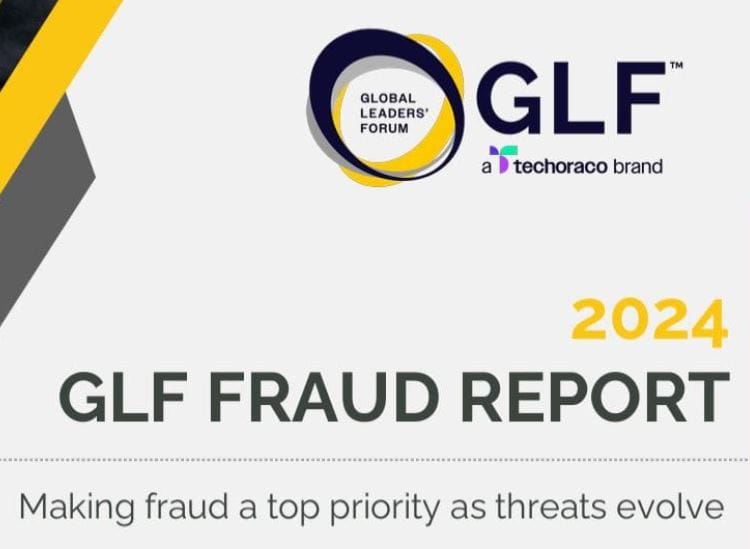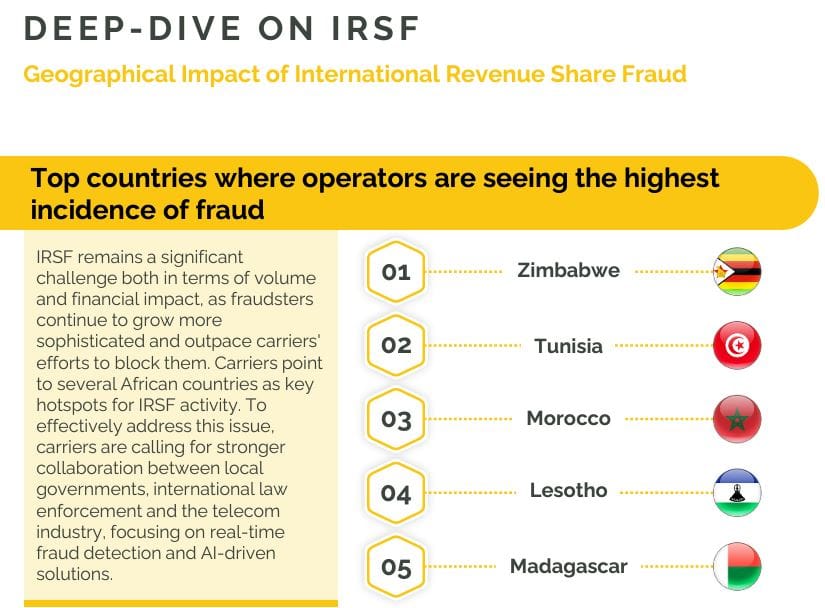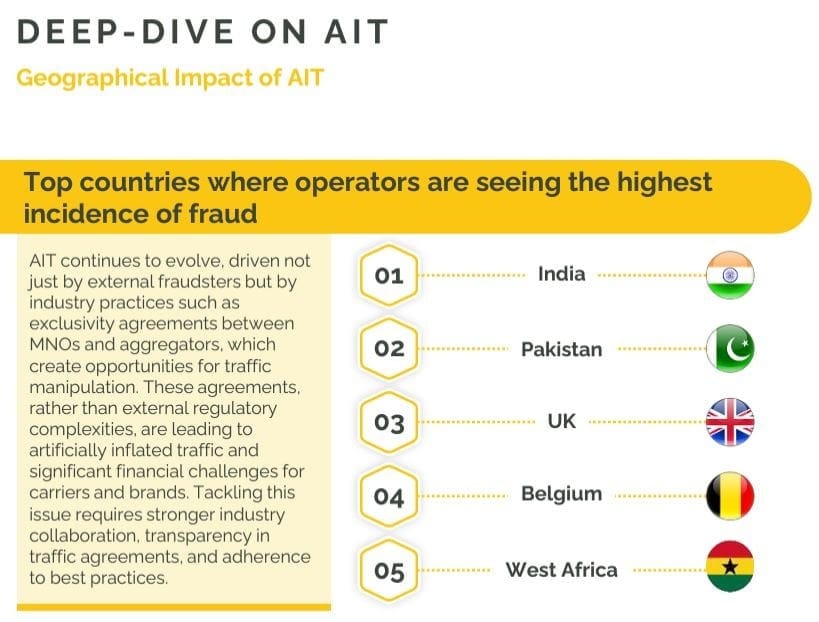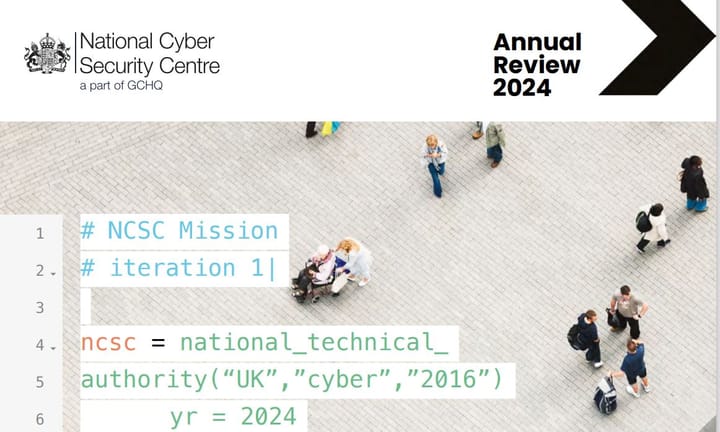Telecom Industry Sees Progress in Voice Fraud Reduction but Faces Rising SMS Threats, 2024 GLF Report Reveals
The Global Leadership Forum (GLF) Fraud Report 2024 reveals significant strides in the telecom industry’s fight against fraud, highlighting that nearly 64% of carriers have made fraud prevention their top priority, up from 39% in 2023.

The Global Leadership Forum (GLF) Fraud Report 2024 reveals significant strides in the telecom industry’s fight against fraud, highlighting that nearly 64% of carriers have made fraud prevention their top priority, up from 39% in 2023. This shift reflects an increasing commitment to counter fraudulent activities through advanced technologies, particularly artificial intelligence (AI), and real-time data exchange.
The telecom industry has made progress in reducing voice fraud, according to the 2024 GLF Fraud Report, but African countries continue to be the top destinations for fraudulent activity. The report also highlights the growing threat of SMS fraud, which poses significant challenges despite advancements in fraud detection technologies.
The report shows that half of the carriers experienced a reduction in both the volume and impact of voice fraud, a marked improvement from 25% in 2023. Carriers attribute this success to the adoption of machine learning, APIs for better interoperability, and more sophisticated fraud detection systems. AI integration, which allows for smarter and more adaptive systems, has been a pivotal advancement, aiding the industry in tackling emerging fraud tactics effectively.

The rise of SMS Fraud
Despite progress in combating voice fraud, SMS fraud and unwanted traffic continue to pose challenges. SMS fraud, driven by artificially inflated traffic (AIT) and smishing—SMS phishing—has seen a 55% increase, with AIT causing severe financial losses for 62% of carriers. Smishing incidents have also risen, increasing the financial impact by 33 percentage points, prompting calls for improved detection methods and enhanced customer education initiatives.
The report stresses the urgency of industry collaboration, with 77% of carriers planning increased investments specifically targeting SMS fraud prevention. The alignment with the GLF Anti-Fraud Code of Conduct remains central, as 22 carriers have achieved compliance, reinforcing industry trust through a recognized "trust mark."

Over 40% of carriers report high volumes of nuisance calls, including robocalls and phishing attempts, which have led 76% to express concern over eroding customer trust. This distrust has prompted users to shift toward Over-The-Top (OTT) services, threatening traditional revenue streams. Moreover, 58% of carriers anticipate heightened regulatory scrutiny if unwanted traffic continues to rise, underscoring the need for stringent filtering and industry-wide cooperation.
Industry collaboration and tighter regulatory controls are crucial
Looking forward, the report highlights that AI and machine learning will remain critical in fraud detection and prevention. However, the effectiveness of these technologies relies on robust collaboration across the industry, along with centralized intelligence databases to facilitate real-time data sharing and proactive threat mitigation.
Carriers are expected to further invest in AI, enhance partnerships with regulatory bodies, and streamline internal processes to combat evolving threats. The continued alignment with the GLF Anti-Fraud Code of Conduct aims to uphold integrity and trust within the industry.
The 2024 GLF Fraud Report concludes that while the telecom sector has made notable progress in voice fraud prevention, persistent challenges such as SMS fraud and unwanted traffic require sustained focus, investment, and collaboration to secure a fraud-free future.



